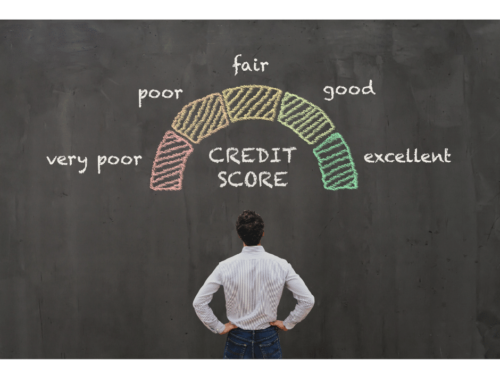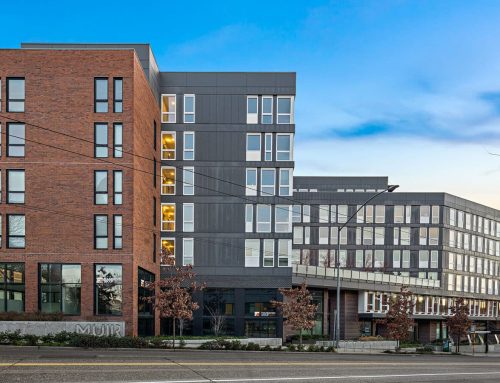Many of the people who make up the first-time home buyer demographic have one thing in common; they also happen to be in the process of paying back large student loans. Roughly 70% of graduates leave college with debt, which can make the prospect of also buying a house seem impossible. But, with the help of a loan officer, and by following these tips, you can improve your chances of being approved for a mortgage despite your student loans.
1. Start Early
It’s hard to know the exact right time to buy a home, which is why it’s best to be prepared for the idea early on. Staying organized and on top of your student loan documents, your other assets, and bank statements is a great place to start. Establish a safe place to keep all your paperwork and payment history so that when the time comes you’ll be prepared to present the necessary documents.
2. Pay as Much as You Can
Work to decrease your student loan debt and any additional debts as much as you can. If the goal of owning a home is something you are seriously trying to obtain, then making large payments when you can will help decrease any outstanding balances. It does require sacrifice and diligence, but an aggressive strategy will pay off when the time comes to buy a home.
3. Pay on Time
Being punctual with your payments on all debt is imperative to building your credit score and will help with income guidelines when you apply for a mortgage.
4. Look into Refinancing
Many student loans can be refinanced or consolidated to reduce your monthly payment. A decreased interest rate can make the financial burden of student loans more manageable.
5. Think Small
Many first-time homebuyers make the mistake of buying a house they simply don’t need or can’t afford. Working to buy a home that serves your needs without going overboard will save you money when it comes to your monthly mortgage payment in addition to taxes, repairs, and maintenance.
6. Save for Your Down Payment
This goes back to starting the process early. If you can work to save as much as possible for a longer period of time leading up to the purchase of your first home, your debt to income ratio can be lower. The larger the down payment, the less you have to borrow. Getting pre-approved by a mortgage lender will give you an idea of the amount you can afford to borrow, and what you should be aiming for.



